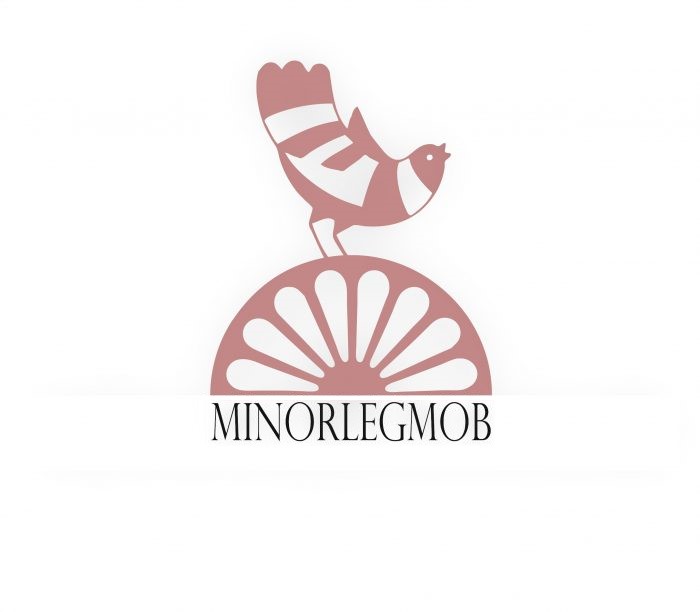Beáta Huszka, Marie Skłodowska-Curie Fellow, has published an article, which is a product of her work in the frame of the MINORLEGMOB project.
This article investigates the assertion of language rights through legal mobilization by the Hungarian minority in Romania, thus examining this emergent kind of mobilization aimed at the claiming of rights, often rights recognized by law, but not enforced in practice. This incongruity between rights on paper and their execution provokes interethnic rivalry for the visibility of language and culture, in which the exclusive ownership of sovereignty is marked by the dominance of national language in physical spaces coined as ‘linguistic territoriality’ (Csergő, 2007), fostering parallel, monolingual public spheres. Applying Rancière’s theory to the case of the Hungarian minority in Romania, it is argued that civil society activists’ legal mobilization initiatives are a manifestation of ‘politics’ in the Rancièreian sense as they challenge the distribution of public spaces along ethnic lines through pushing forward their integrative vision of the same spaces—thus ‘seeking the litigious distribution of places and roles’ (Rancière, 2003, p. 201).
You may find the article here.



